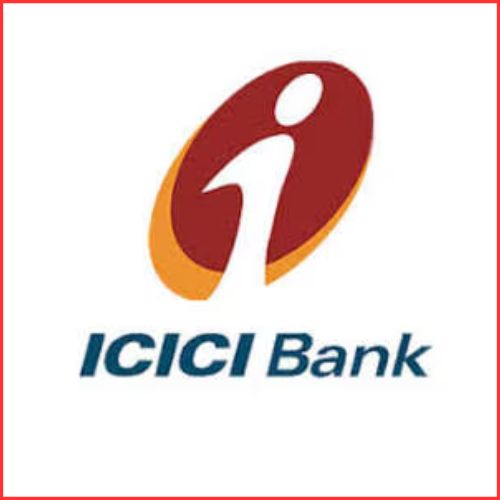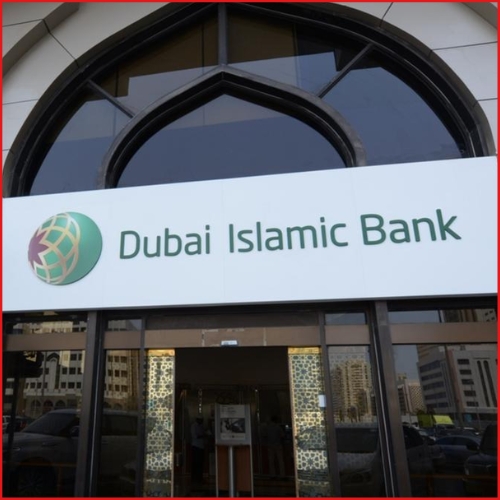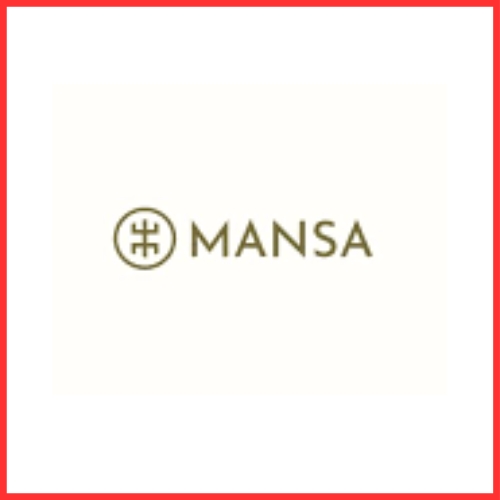HSBC in Europe with a market value of $162 billion had an impressive first-half performance. Its profits more than doubled to $21.7 billion thanks to the increase in interest rates and the sale of its division. The bank has also set performance goals. Immediately announced buybacks of up to $2 billion. However, HSBC remains cautious due to uncertainties in the outlook. Warns customers about potential challenges ahead. As part of its efforts to enhance profitability, HSBC is strategically reviewing its presence. Capitalizing on its strong foothold in Asia, as a leading global financial institution.
HSBC Holdings, Europe’s largest bank with a market value of $162 billion, made significant strides in its financial performance during the first half of the year. Bolstered by rising interest rates worldwide and the strategic sale of its French unit, the bank’s profit more than doubled, surging to $21.7 billion compared to $9.2 billion in the previous year. This remarkable growth prompted HSBC to raise its key performance target. The near-term return on tangible equity goal for 2023 and 2024 has been set at least mid-teens, a significant increase from the previous target of at least 12% from 2023 onwards. The return on tangible equity for 2022 was reported at 9.9%.
Additionally, HSBC announced fresh buybacks of up to $2 billion, which commenced immediately, reflecting the bank’s confidence in its future prospects. As a further testament to its financial strength, the bank declared an interim dividend of 10 cents per share.
While the impressive profit figures are cause for celebration, HSBC issued a word of caution regarding the uncertain economic outlook, particularly in Britain. The combination of the highest inflation rate among the G7 countries and steadily rising interest rates is putting a strain on households. HSBC’s CEO, Noel Quinn, acknowledged the potential challenges ahead, especially with more mortgage customers due to roll off fixed-term deals in the next six months and further rate increases expected.
In light of the evolving financial landscape, HSBC is proactively reviewing its global footprint to boost profits. Media reports in May indicated that the bank is considering exiting from a dozen countries.
In line with this strategy, HSBC recently reclassified its business in Oman for sale after merging its unit there with rival Sohar International Bank last year. Moreover, the bank has already made significant moves by selling its Canadian, French retail, and Greek businesses, as well as exiting from Russia and winding down personal banking operations in New Zealand.
HSBC remains committed to navigating through these dynamic times and strengthening its position as a global financial leader, driven by its strong presence in Asia, from which it derives around two-thirds of its revenue. As it continues to optimize its operations and make strategic decisions, the bank aims to deliver value to its shareholders and clients while managing potential risks in an ever-changing economic landscape.














